Quality first. All of our degree programs surpass the accepted standards established by experts in the field.
University of the Cumberlands is accredited by the Southern Association of Colleges and Schools Commission on Colleges (SACSCOC) to award associate, baccalaureate, masters, educational specialist, and doctorate degrees. University of the Cumberlands also may offer credentials such as certificates and diplomas at approved degree levels. Questions about the accreditation of University of the Cumberlands may be directed in writing to the Southern Association of Colleges and Schools Commission on Colleges at 1866 Southern Lane, Decatur, GA 30033-4097, by calling (404) 679-4500, or by using information available on SACSCOC’s website (www.sacscoc.org).
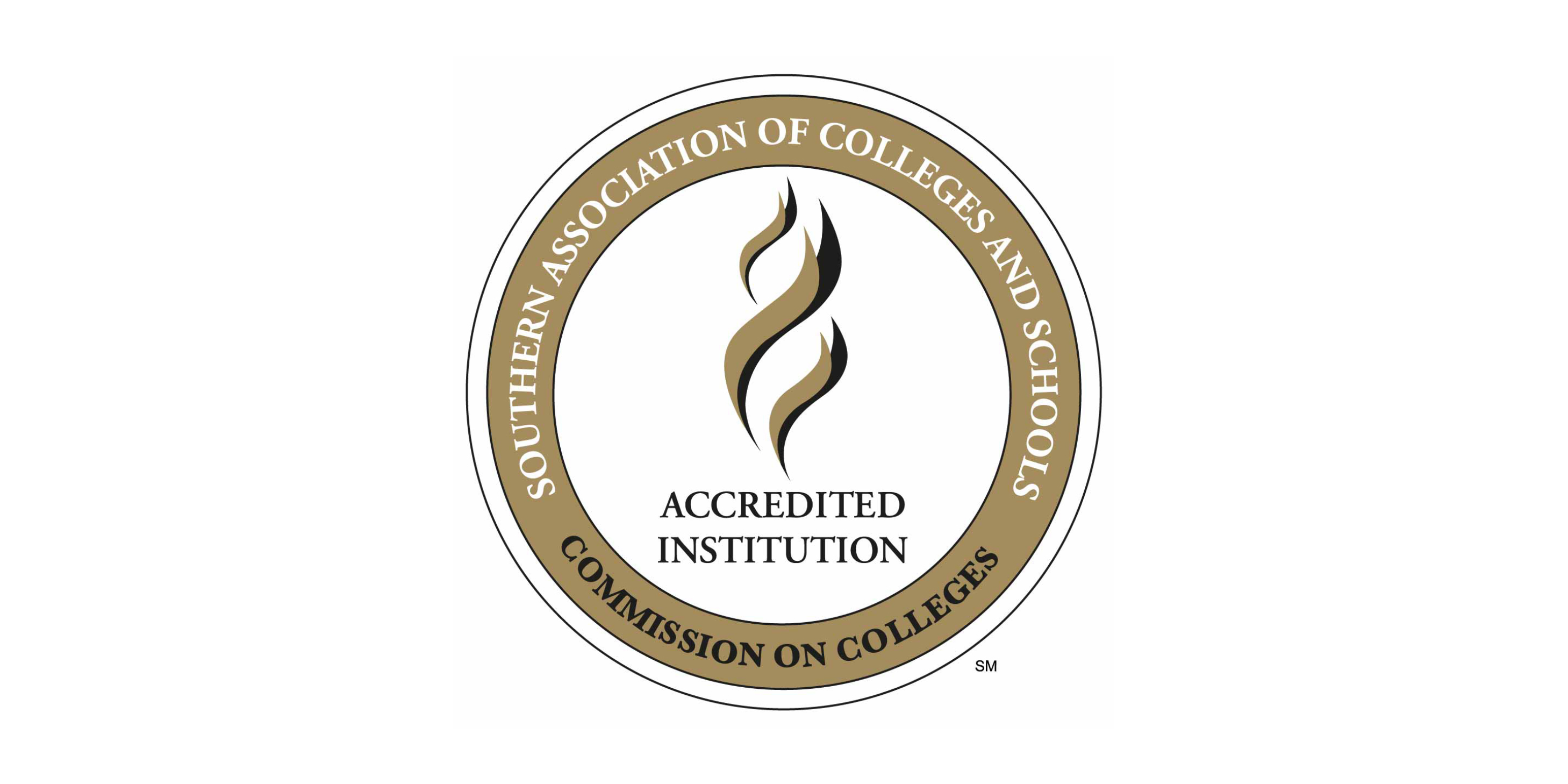
SACSCOC Resources
Information on institutional accreditation standards, polices, and procedures are available via Southern Association of Colleges and Schools Commission on Colleges (SACSCOC).
Useful SACSCOC resources include:
Principles of Accreditation 2018 SACSCOC Substantive Change Policy
University of the Cumberlands Academic Programs:
For federal reporting needs, SACSCOC requires that the University maintains as list of approved academic programs with associated CIP codes. UC’s list is linked below.
University of the Cumberlands Academic Programs with CIP codes
Additional Accreditation Resources
Learn more about the programs and organizations that feature their own industry-specific accreditations.
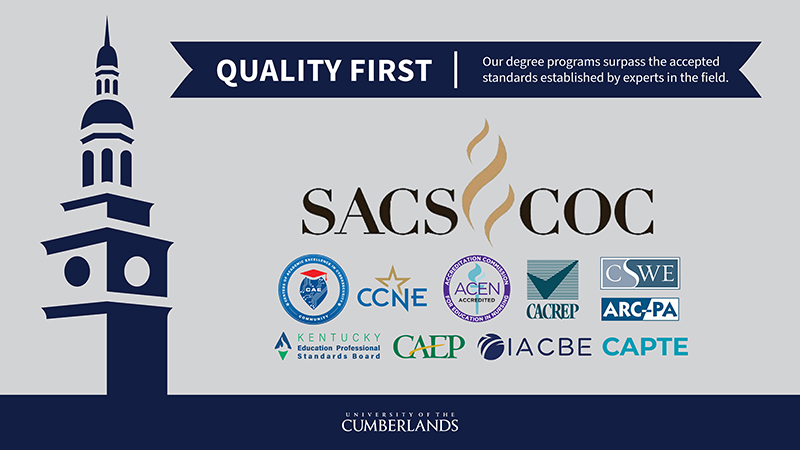
University of the Cumberlands’ Education programs are further state accredited through Kentucky's Educational Professional Standards Board (EPSB), 100 Airport Road, 3rd Floor, Frankfort, KY 40601, Phone: 502.564.4606, Fax: 502.564.7080.
The Council for the Accreditation of Educator Preparation (CAEP) is responsible for the oversight of accredited programs and ensures the proper teaching and administrator standards are fully implemented for its accredited programs. Learn more by reading our CAEP Accountability Measures.
The Associate Degree nursing program at the Forcht School of Nursing at the University of the Cumberlands located in Williamsburg, KY is accredited by the:
Accreditation Commission for Education in Nursing (ACEN)
3390 Peachtree Road NE, Suite 1400 Atlanta, GA 30326
(404) 975-5000
The University of the Cumberlands wishes to announce that it will host a site visit for continuing accreditation of its Associate Degree nursing program by the Accreditation Commission for Education in Nursing (ACEN).
You are invited to meet with the site visit team and share your comments about the program in person at a meeting scheduled at 2pm on Wednesday, February 18, 2026, in Room 129 of the Appalachian Institute in the Adams Center, located at 649 South 10th Street, Williamsburg, Ky.
Written comments are also welcome and should be submitted to the ACEN via email at public-comments [at] acenursing.org (public-comments[at]acenursing[dot]org) or to the ACEN office:
Attn: Accreditation Services
Accreditation Commission for Education in Nursing
3390 Peachtree Rd NE, Suite 1400
Atlanta GA, 30326
All written comments should be received by the ACEN by February 2, 2026*.
*Written comments are due to the ACEN two weeks before the visit.
The RN-BSN degree program at University of the Cumberlands is accredited by the Commission on Collegiate Nursing Education , 655 K Street, NW, Suite 750, Washington, DC 20001, 202-887-6791.
The MSN-FNP degree program at University of the Cumberlands is accredited by the Commission on Collegiate Nursing Education , 655 K Street, NW, Suite 750, Washington, DC 20001, 202-887-6791.
The Hutton School of Business at University of the Cumberlands has received specialized accreditations for its business programs through the International Accreditation Council for Business Education (IACBE) located at 11960 Quivira Road in Overland Park, Kansas, USA. For a list of accredited programs please refer to our IACBE member status page.
The Connie D. Hauser School of Physical Therapy at The University of the Cumberlands is accredited by the Commission on Accreditation in Physical Therapy Education (CAPTE), 3030 Potomac Ave., Suite 100, Alexandria, Virginia 22305-3085; telephone: 703-706-3245; email: accreditation [at] apta.org (accreditation[at]apta[dot]org); website: http://www.capteonline.org. If needing to contact the program/institution directly, please call 606.539.4251 or email: physicaltherapy [at] ucumberlands.edu (physicaltherapy[at]ucumberlands[dot]edu).
Complaints to the Commission on Accreditation of Physical Therapy Education
The Commission on Accreditation in Physical Therapy Education is a nationally recognized accrediting agency by the U.S. Department of Education and the Council for Higher Education Accreditation. CAPTE grants specialized accreditation status to qualified entry-level education programs for physical therapists and physical therapist assistants. The only mechanism through which CAPTE can act on an individual’s concerns is through a formal complaint process. For more information please visit the CAPTE website.
The process for filing a complaint with CAPTE is available here.
Program Complaint Processes are available here.
University of the Cumberlands has been named a National Center of Academic Excellence in Cyber Defense (CAE-CD) by the National Security (NSA) and the Department of Homeland Security (DHS). There are just over 200 universities nationwide with CAE-CD designation, and only two other universities in Kentucky included in this elite group. Learn more about our Cyber Security Center for Academic Excellence.
The Council for Accreditation of Counseling and Related Educational Programs (CACREP) accredits the Clinical Mental Health Counseling program and the PhD in Counselor Education & Supervision program. CACREP is a specialized accrediting body recognized by the Council for Higher Education Accreditation (CHEA) that accredits counselor-preparation graduate degree programs. For more information, visit https://www.cacrep.org.
University of the Cumberlands Physician Assistant Programs:
Williamsburg Program
The Accreditation Review Commission on Education for the Physician Assistant, Inc. (ARC-PA) has granted Accreditation-Continued status to the University of the Cumberlands Physician Assistant Program sponsored by the University of the Cumberlands. Accreditation-Continued is an accreditation status granted when a currently accredited program is in compliance with the ARC-PA Standards.
Accreditation remains in effect until the program closes or withdraws from the accreditation process or until accreditation is withdrawn for failure to comply with the Standards. The approximate date for the next validation review of the program by the ARC-PA will be 2029 March. The review date is contingent upon continued compliance with the Accreditation Standards and ARC-PA policy.
The program’s accreditation history can be viewed on the ARC-PA website.
Northern Kentucky Program
At its June 2024 meeting, the Accreditation Review Commission on Education for the Physician Assistant, Inc. (ARC-PA) placed the University of the Cumberlands, Northern Kentucky Physician Assistant Program sponsored by University of the Cumberlands on Accreditation-Probation status until its next review in June 2026.
Probation accreditation is a temporary accreditation status initially of not less than two years. However, that period may be extended by the ARC-PA for up to an additional two years if the ARC-PA finds that the program is making substantial progress toward meeting all applicable standards but requires additional time to come into full compliance. Probation accreditation status is granted, at the sole discretion of the ARC-PA, when a program holding an accreditation status of Accreditation - Provisional or Accreditation - Continued does not, in the judgment of the ARC-PA, meet the Standards or when the capability of the program to provide an acceptable educational experience for its students is threatened.
Once placed on probation, a program that fails to comply with accreditation requirements in a timely manner, as specified by the ARC-PA, may be scheduled for a focused site visit and is subject to having its accreditation withdrawn.
Specific questions regarding the Program and its plans should be directed to the Program Director and/or the appropriate institutional official(s).
The program’s accreditation history can be viewed on the ARC-PA website at https://www.arc-pa.org/accreditation-history-university-of-the-cumberlands-northern-ky/ .
University of the Cumberlands is accredited by the Council on Social Work Education’s (CSWE) Board of Accreditation (BOA). Accreditation of a baccalaureate or master’s social work program by the BOA indicates that it meets or exceeds standards of program quality evaluated through a peer review accreditation process. An accredited program has sufficient resources to meet its mission and goals and the BOA has verified that it demonstrates compliance with all sections of the Educational Policy and Accreditation Standards (EPAS). Accreditation applies to all program options, which includes locations and delivery methods. Accreditation provides reasonable assurance about the quality of the program and the competence of students graduating from the program. Review our program’s accredited status in CSWE’s Directory of Accredited Programs.University of the Cumberlands is accredited by the Council on Social Work Education’s (CSWE) Board of Accreditation (BOA). Accreditation of a baccalaureate or master’s social work program by the BOA indicates that it meets or exceeds standards of program quality evaluated through a peer review accreditation process. An accredited program has sufficient resources to meet its mission and goals and the BOA has verified that it demonstrates compliance with all sections of the Educational Policy and Accreditation Standards (EPAS). Accreditation applies to all program options, which includes locations and delivery methods. Accreditation provides reasonable assurance about the quality of the program and the competence of students graduating from the program. Review our program’s accredited status in CSWE’s Directory of Accredited Programs.
For more information about social work accreditation, contact CSWE’s Department of Social Work Accreditation.
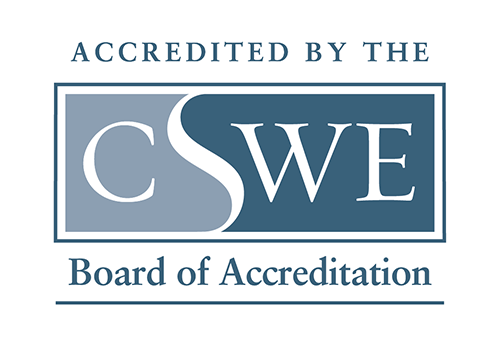
Strategic Plan
The 2030 Strategic Plan provides measurable goals and builds on the universities mission and values.

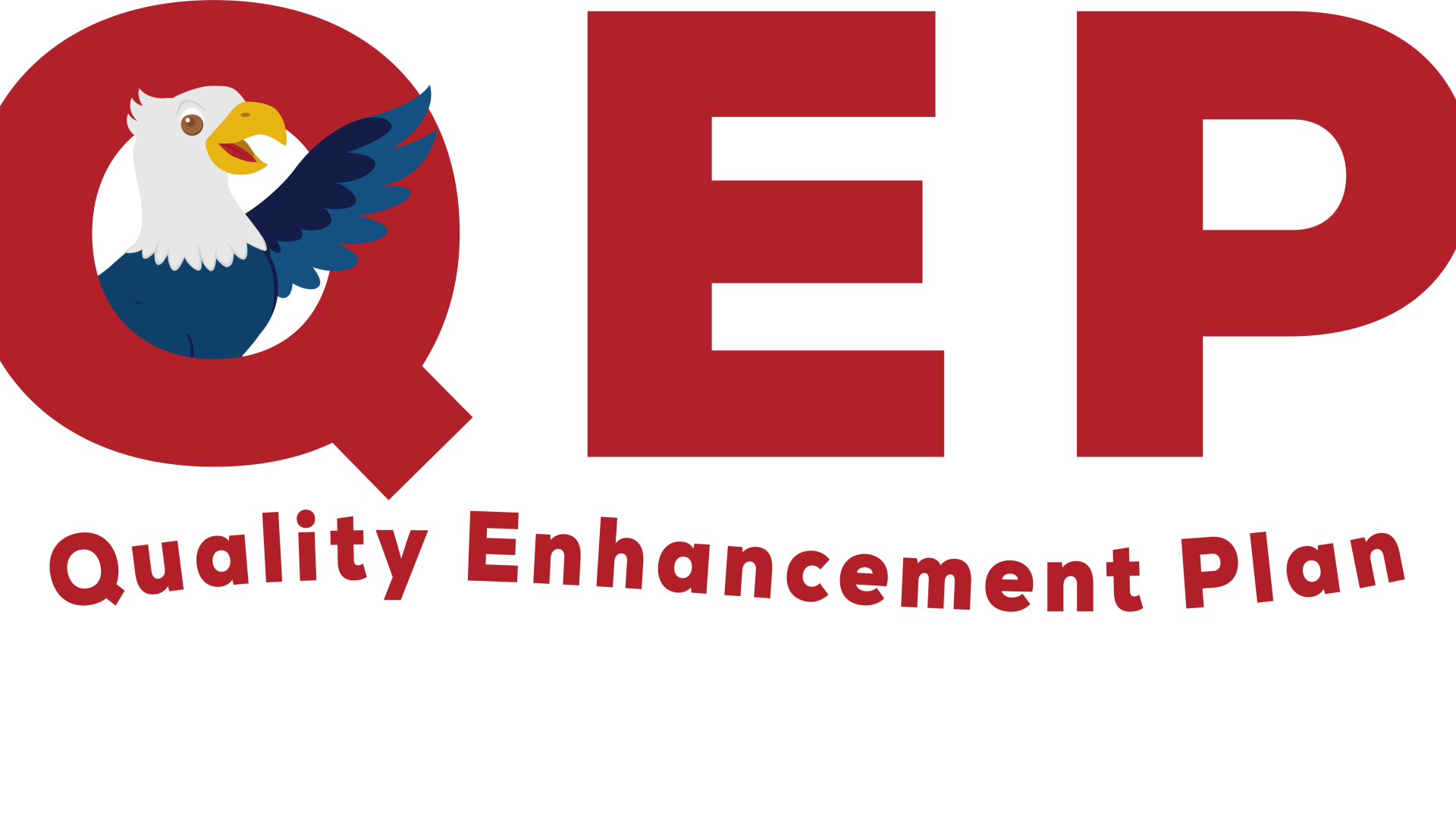
Let's talk QEP. That's our quality enhancement plan. It's your flight path to fluency, helping you master digital tools that make college life easier. Need to organize? Trello's got your back. Too tired to type? Try voice typing in Google Docs. Writing a paper? Grammarly is your co-pilot. I'll be here with tech tips, digital challenges, and maybe a little swag to keep your wings strong. So, don't just wing it, digitize it. Follow my flight path and let's soar into digital fluency together.
Quality Enhancement Plan
University of the Cumberlands’ Quality Enhancement Plan (QEP) is centered on enhancing digital fluency among students and faculty, with a specific focus on leveraging artificial intelligence (AI) and emerging technologies.
Assessment of Student Achievement
University of the Cumberland identifies, evaluates, and publishes goals and outcomes for student achievement.

State Authorization
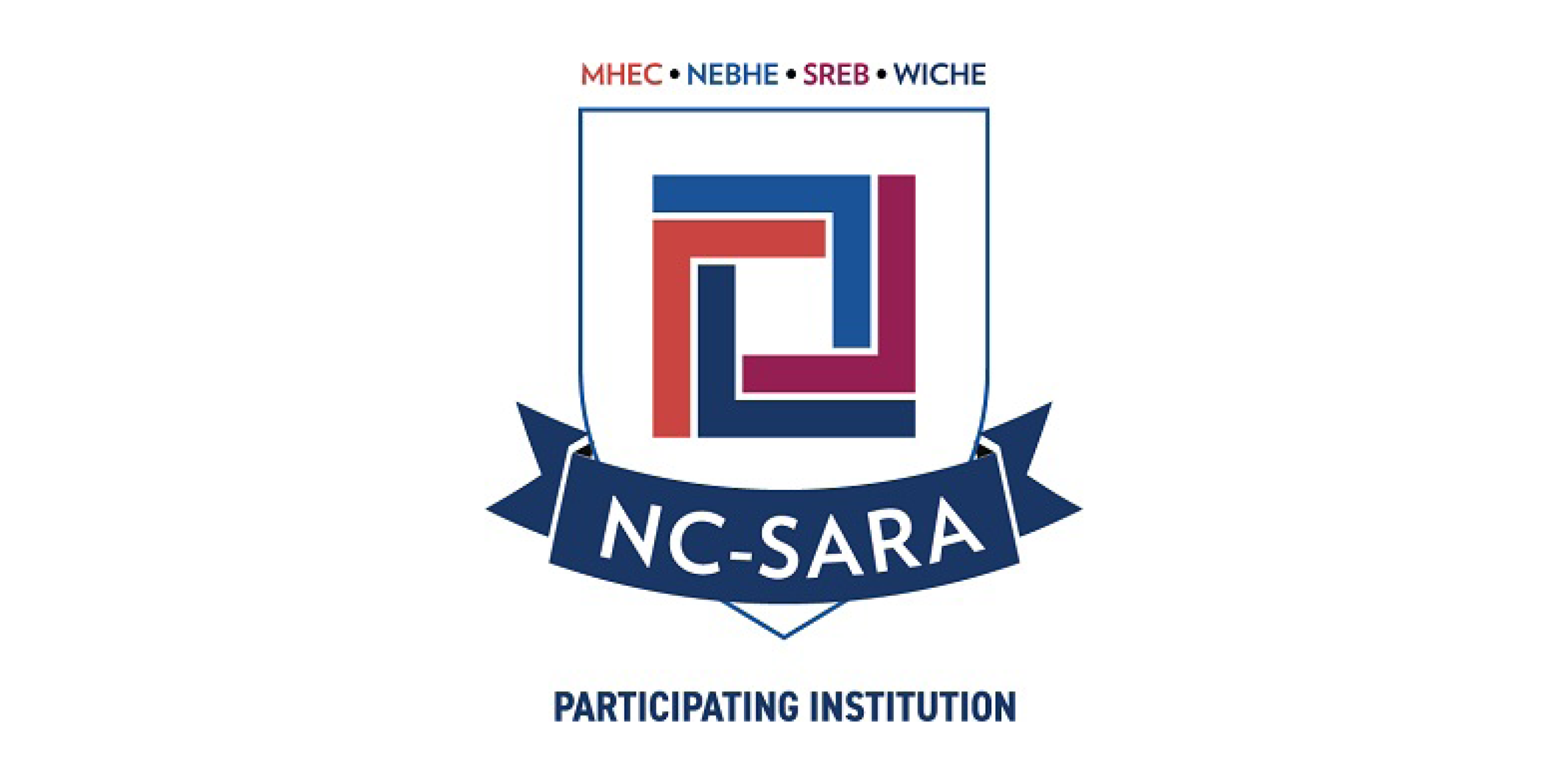
Kentucky is a member of the State Authorization Reciprocity Agreement (SARA). University of the Cumberlands is an approved SARA institution. SARA allows institutions to offer distance education courses and programs to other SARA participating institutions and ensures adherence to national standards for postsecondary distance education. The University works through SARA processes and with states to ensure that when authorization or licensure of online programs is necessary, required approvals are secured.
It is the student’s responsibility to understand the current status or special requirements related to the authorization of distance education in their state of residence. For more information about SARA, please visit https://nc-sara.org/.
To determine if the online program is available in a specific state, please refer to the NCSARA Licensure document.
Requirements and restrictions change frequently, so check back often for the status of offerings in specific state.
While University of the Cumberlands (UC) strives to be in compliance with state licensure requirements where University programs are offered, UC cannot confirm whether the course or program meets requirements for professional licensure in a student’s state of residence. Licensure requirements are established by each state’s respective board(s) and must be met to be licensed. The student is advised to contact their applicable licensing board(s) to determine if the program meets requirements for licensure in the student’s state of residence. Although a program may be available in a specific state, there may be additional obligations required by the institution. University of the Cumberlands has the right to determine if program will be available in each state.
Though SARA authorizes the University to offer its programs in member states, there is the possibility that other state requirements not covered by SARA (such as requirements from state licensing boards) could necessitate the restriction of certain programs in certain states. Please note that should a student choose to enroll in a restricted program in a particular state, there may be restrictions that could affect the student.
Examples could include:
- inability to sit for local licensing in that state
- ineligible for consumer protection that state
- A student may not be able to complete field placements (practicum, internship, clerkship, etc.). This could affect licensure or recognition of the degree to meet particular requirements.
Additionally, if a student moves during the course of his/her studies to a state where his/her program is restricted, please be aware that the student is taking a risk and may not be able to complete that program or use any of the credit earned towards licensing in that field of study in the new state of residence. Please note that the risks listed above are not exhaustive. Please verify with an individual state’s professional licensing board to ensure plans are not impacted by these risks.
A full list of all applicable state board contact information can be found at: https://www.nc-sara.org/professional-licensure-directory.
University of the Cumberlands provides School Performance Fact Sheets to prospective students on each of its program offerings in accordance with regulations established by the California Bureau for Private Postsecondary Education (BPPE). Current and prospective students can access the Fact Sheets below for current information.
For more information: California Bureau for Private Postsecondary Education (BPPE)
California School Performance Fact Sheets:
Doctor of Philosophy in Business
Doctor of Philosophy Information Technology, Ph.D.
Doctor of Philosophy Leadership, PhD.
Master of Business Administration, MBA
Master of Science in Artificial Intelligence, M.S.
Master of Science in Business Analytics, M.S.
Master of Science in Computer Science, M.S.
Master of Science in Cyber Engineering, M.S.
Master of Science in Data Science, M.S.
Master of Science in Digital Forensics, M.S.
Master of Science in Finance, M.S.
Master of Science in Global Business with Blockchain Technology, M.S.
Master of Science in Information Systems Security, M.S.
Master of Science in Information Technology, M.S.
Master of Science in Information Technology Leadership, M.S.
Master of Science in Organizational Leadership, M.S.
Master of Science in Project Management, M.S.
Master of Science in Strategic Management, M.S.
Master of Science in Supply Chain Management, M.S.
CAEP Accountability Measures
The Council for the Accreditation of Educator Preparation (CAEP) is responsible for the oversight of accredited programs and ensures the proper teaching and administrator standards are fully implemented for its accredited programs. CAEP accreditation is widely considered as the top educator preparation program-specific accreditation. The School of Education at University of the Cumberlands complies with all CAEP standards across School of Education programs at the initial and advanced levels.
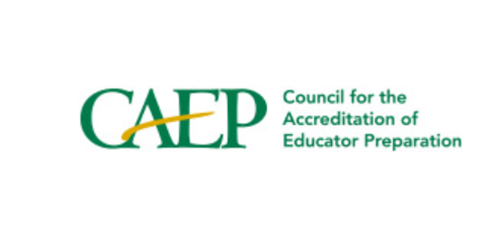
Data from various sources here provide a snapshot of the School of Education programs at the University of the Cumberlands and is intended to assist prospective and current candidates, faculty, accrediting bodies, and the public.
The following programs were reviewed and approved by CAEP during our Spring 2020 accreditation visit:
- Bachelor of Arts (BA) in Education
- Bachelor of Science (BS) in Education
- Master of Arts in Teaching (MAT)
- Master of Arts in Education – Teacher Leader, Literacy Specialist, and School Counseling (MAED)
- Educational Specialist in School Counseling and School and District Administration (EdS)
- Rank I in School and District Administration
- Endorsement in ESL and Teacher Leader
Measures of Program Impact
Measure 1: (Initial and Advanced) Completer Effectiveness and Impact on P-12 Learning and Development (CAEP Component R4.1)
Our completers are employed in several districts in Kentucky and surrounding states. To get a snapshot of the teaching effectiveness and impact of p-12 learning and development of our completers, we examine data from various sources including completer case studies. Case studies include observation of our completers in years 1 and 3 in initial and initial graduate programs. Classroom assessment data are collected and analyzed as part of the case studies. We were unable to complete classroom observations as part of our case studies in 2020-2021 because of limited access to schools due to COVID. For 2020-2021, we analyzed pre- and post-test data provided by partnering schools. The data were collected for both teacher-made tests and a variety of standardized tests including MAP, iReady, and ACT. Our Graduating Senior Survey, and Completer Surveys were also analyzed to determine effectiveness and impact of our completers. Analysis of data from all three sources show our completers to be effective and employers are satisfied with our completers.
Completer Impact Case Study
Graduating Senior Survey
Completer Survey Initial
Completer Satisfaction Advanced Programs
Measure 2: (Initial and Advanced) Employer Satisfaction and Stakeholder Involvement (CAEP Component R4.2, R5.3, R4.1)
Through our Employer Satisfaction surveys, employers report their satisfaction of our completers in initial, graduate initial, and advanced programs. Employers across all programs indicate an overall satisfaction with our candidates. The majority of responding employers report they are satisfied with completer preparation and anticipate completers will reach employment milestones. Data are gathered during in-person P-12 stakeholder meetings and with electronic surveys.
In addition to employer surveys, many local administrators serve on our Education Preparation Advisory Committee and our P-12 Advisory Committee. Through this stakeholder involvement, employers and other stakeholders participate in a beneficial partnership with the School of Education providing valuable feedback used in continuous program improvement. Both groups meet twice per year, in the fall and spring, to receive department and program updates, discuss practical application of knowledge and skills for candidates, and provide programatic feedback. The Educator Preparation Advisory Committee votes on proposed policy and procedure changes and candidate action plans.
Employer Satisfaction Initial
Employer Satisfaction Initial Grad
Employer Satisfaction Advanced
Stakeholder Involvement
Measures of Program Outcomes
Measure 3: (Initial and Advanced) Completer Competency at Completion (CAEP Component R3.3)
Completers demonstrate competency at completion by taking the Praxis required for each program. Completers consistently score above the cut score on all exams except health and physical education in the initial and initial graduate programs and above state average in all programs. Advanced programs completers consistently maintain a first-time pass rate of 85% and higher in all programs. Initial program completers consistently score 3 or higher on a 4-point scale on Kentucky Teacher/InTasc standards. They consistently score the highest on Standards 3, Learning Environment, and 9, Professional Learning and Ethical Practice.
Initial UG Praxis
Initial Graduate Praxis
Advanced Programs Praxis
Institution Praxis Data
Title II Report
Initial InTasc Standards
Measure 4: (Initial and Advanced) Ability of Completers to be Hired
University of the Cumberlands’ completers are employed throughout Kentucky and surrounding states with the highest number employed in Jefferson, Jessamine, and Fayette counties. Employment tracking is completed with personal contacts, EPSB data, and reports generated at the state level. Nearly 70% of our completers are employed in Kentucky three years after graduation and are earning a median annual income of approximately $50,000.
Completer Employment Data
Completer Employment Data - Advanced
Post-Secondary Feedback Report
- Bachelor of Arts (BA) in Education
- Bachelor of Science (BS) in Education
- Master of Arts in Teaching (MAT)
- Master of Arts in Education – Teacher Leader, Literacy Specialist, and School Counseling (MAED)
- Educational Specialist in School Counseling and School and District Administration (EdS)
- Rank I in School and District Administration
- Endorsement in ESL and Teacher Leader
Measure 1: (Initial and Advanced) Completer Effectiveness and Impact on P-12 Learning and Development (CAEP Component R4.1)
Our completers are employed in several districts in Kentucky and surrounding states. To get a snapshot of the teaching effectiveness and impact of p-12 learning and development of our completers, we examine data from various sources including completer case studies. Case studies include observation of our completers in years 1 and 3 in initial and initial graduate programs. Classroom assessment data are collected and analyzed as part of the case studies. We were unable to complete classroom observations as part of our case studies in 2020-2021 because of limited access to schools due to COVID. For 2020-2021, we analyzed pre- and post-test data provided by partnering schools. The data were collected for both teacher-made tests and a variety of standardized tests including MAP, iReady, and ACT. Our Graduating Senior Survey, and Completer Surveys were also analyzed to determine effectiveness and impact of our completers. Analysis of data from all three sources show our completers to be effective and employers are satisfied with our completers.
Completer Impact Case Study
Graduating Senior Survey
Completer Survey Initial
Completer Satisfaction Advanced Programs
Measure 2: (Initial and Advanced) Employer Satisfaction and Stakeholder Involvement (CAEP Component R4.2, R5.3, R4.1)
Through our Employer Satisfaction surveys, employers report their satisfaction of our completers in initial, graduate initial, and advanced programs. Employers across all programs indicate an overall satisfaction with our candidates. The majority of responding employers report they are satisfied with completer preparation and anticipate completers will reach employment milestones. Data are gathered during in-person P-12 stakeholder meetings and with electronic surveys.
In addition to employer surveys, many local administrators serve on our Education Preparation Advisory Committee and our P-12 Advisory Committee. Through this stakeholder involvement, employers and other stakeholders participate in a beneficial partnership with the School of Education providing valuable feedback used in continuous program improvement. Both groups meet twice per year, in the fall and spring, to receive department and program updates, discuss practical application of knowledge and skills for candidates, and provide programatic feedback. The Educator Preparation Advisory Committee votes on proposed policy and procedure changes and candidate action plans.
Employer Satisfaction Initial
Employer Satisfaction Initial Grad
Employer Satisfaction Advanced
Stakeholder Involvement
Measure 3: (Initial and Advanced) Completer Competency at Completion (CAEP Component R3.3)
Completers demonstrate competency at completion by taking the Praxis required for each program. Completers consistently score above the cut score on all exams except health and physical education in the initial and initial graduate programs and above state average in all programs. Advanced programs completers consistently maintain a first-time pass rate of 85% and higher in all programs. Initial program completers consistently score 3 or higher on a 4-point scale on Kentucky Teacher/InTasc standards. They consistently score the highest on Standards 3, Learning Environment, and 9, Professional Learning and Ethical Practice.
Initial UG Praxis
Initial Graduate Praxis
Advanced Programs Praxis
Institution Praxis Data
Title II Report
Initial InTasc Standards
Measure 4: (Initial and Advanced) Ability of Completers to be Hired
University of the Cumberlands’ completers are employed throughout Kentucky and surrounding states with the highest number employed in Jefferson, Jessamine, and Fayette counties. Employment tracking is completed with personal contacts, EPSB data, and reports generated at the state level. Nearly 70% of our completers are employed in Kentucky three years after graduation and are earning a median annual income of approximately $50,000.
Completer Employment Data
Completer Employment Data - Advanced
Post-Secondary Feedback Report

